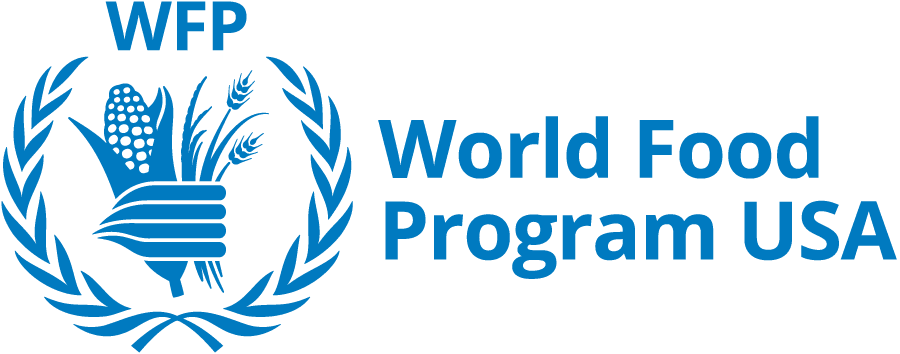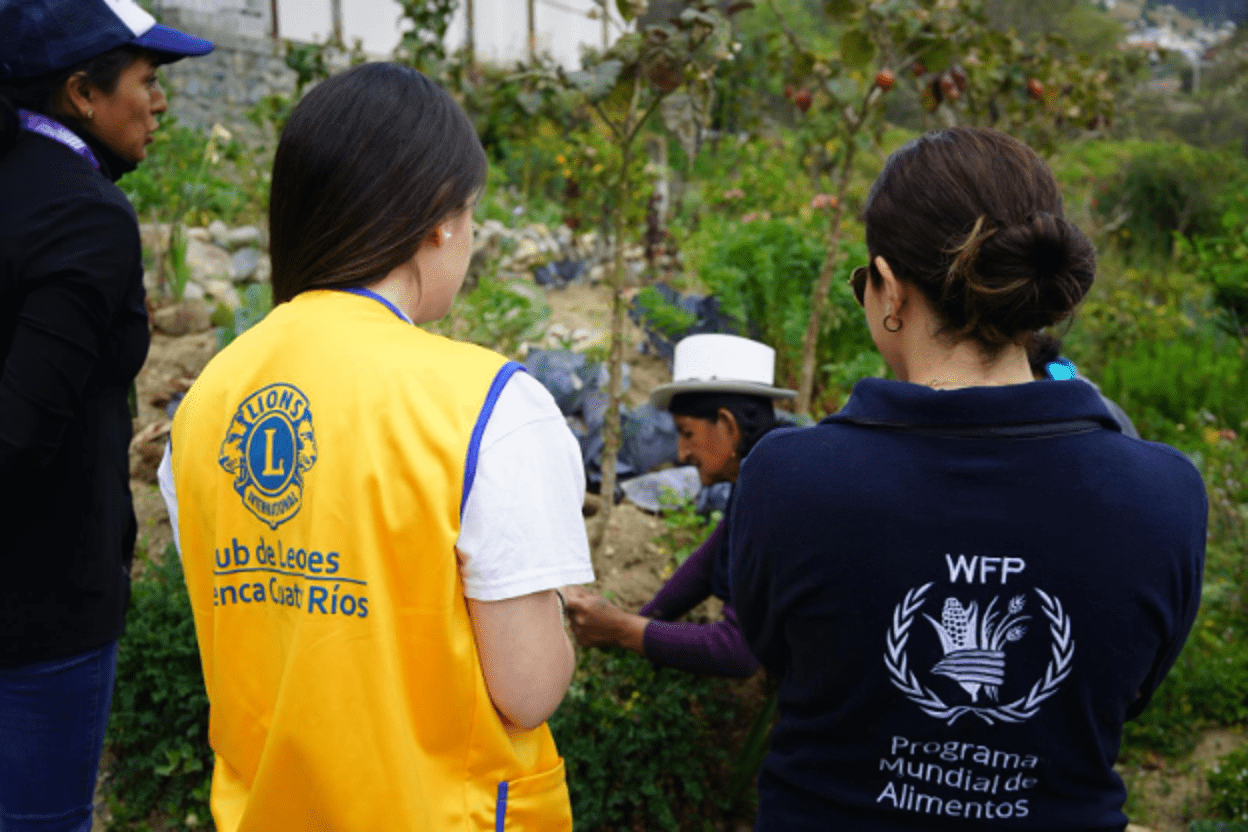We’re celebrating International Volunteer Day, December 5th, with a tribute to our very own U.N. Volunteers. And today’s just the right day to do it: with its 2020 theme of Together We Can Through Volunteering, it marks a chance for volunteers, communities and organizations to promote their contributions to development at the local, national and international levels.
“On International Volunteer Day, I appeal to all governments to promote volunteering, support volunteer efforts and recognize volunteer contributions to the achievement of the Sustainable Development Goals,” says United Nations Secretary General António Guterres. “Volunteers deserve our heartfelt thanks.”
We couldn’t agree more. Read on to meet a few of these heroes.
Just a couple of months before COVID-19 spread across nearly every border in the world, Ângela Macie arrived in Nampula, Mozambique, as a United Nations World Food Programme (WFP) volunteer, ready and willing to help. The community was struggling with hunger, and violence from local insurgents had forced people to flee their homes. Then, the pandemic hit. Ângela dug in, overseeing nutrition and feeding programs at the region’s health centers. She’s still there today helping people face down hunger in one of the hardest hit regions in the country.

Ângela is part of a brave, dedicated army of people helping the U.N. World Food Programme fight hunger in some of the toughest, most dangerous places. That group is the United Nations Volunteers. These volunteers work alongside our own staff in the face of disease, disaster and conflict – the number one cause of hunger worldwide – to feed people around the world.
Who Are UN Volunteers, and How Do They Help WFP?
The United Nations Volunteers (UNV) program promotes volunteerism in the name of peace and development worldwide. Every year, 8,000 people of more than 160 different nationalities dedicate anywhere from six months to four years of their lives to the work of the United Nations. More than 800 U.N. Volunteers have served with the U.N. World Food Programme in 70 countries in the past decade, helping us feed people, respond to disasters and empower communities.
“We are grateful to UNV for the support that volunteers provide to WFP,” says David Beasley, Executive Director of the U.N. World Food Programme. “Their talent and energy enriches our efforts to help the world achieve Zero Hunger by 2030. And we believe we are giving these volunteers valuable experience that will benefit us all in the end.”

U.N. Volunteers have worked with us to support refugees in Cameroon, get food to vulnerable people in Mali and Kyrgyzstan, help Myanmar prepare for disasters, and promote peace through climate action across Africa.

“The volunteers’ efforts to end food insecurity are a true inspiration to us all,” says Olivier Adam, UNV Executive Coordinator.
UNV and the U.N. World Food Programme work most closely in the Sahel region, where over 20 million people are affected by conflict and more than 7 million people need food assistance. Last year, 628 U.N. Volunteers served in the Sahel, which includes Burkina Faso, Chad, Mali, Mauritania and Niger, helping us face serious challenges like instability and food insecurity.
How Paul and Marriane Fight Hunger, Conflict and Climate Change in Cameroon
Paul Frank Ekobena is a U.N. Volunteer Field Monitor working with us in Batouri, Eastern Cameroon. He coordinates food distribution, and helps the community prepare farmland for sustainable agriculture. Through his work, he’s seen firsthand the link between climate change, conflict and hunger.

“Volunteering for climate action is a means to sustainable peace,” he says. “Volunteers enable communities affected by climate change to better manage their environment, develop [income generating] activities and strengthen community ties.”
Just two hours from where Paul works, the Lolo refugee camp hosts more than 13,000 refugees who’ve fled violence across the border in their home country of the Central African Republic (CAR). They make up a small part of the 60% of the world’s hungriest people who live in conflict zones. Conflict displaces families like these, disrupts economies, destroys infrastructure and makes food nearly impossible to find or afford. So U.N. Volunteers like Mariane Enow Tabi work side by side with our staff to make sure displaced people get the food and help they need.
“I have seen firsthand how my [UNV] colleagues act in emergency situations. They dedicate time and effort to support people in difficulty. It is a great initiative,” Mariane says. She works with the U.N. World Food Programme to protect and empower refugees through agriculture and income-generating activities like sewing and soap-making.
“I am grateful to the volunteers who bring us support,” said Saïdou Hadjaratou, a 15-year-old resident of the Lolo camp. “Their presence here uplifts us and gives us hope.”
Here’s What U.N. Volunteers Bring to the Table
With a university degree, working knowledge of a local language, availability for short term assignments lasting 6-12 months, and a willingness to serve in tough places, volunteers like Ângela, Paul and Marriane are chosen from a global talent pool. They volunteer in their own home countries, abroad and even online: 12,000 volunteers serve in remote roles across more than 185 countries every year.
They come from dozens of professional and technical backgrounds – from engineering and agriculture to peacekeeping and development – and are encouraged to be creative and entrepreneurial in their work.
“I am impressed, not only by the extent of their skills and experience, but especially by the support and enthusiasm they bring,” said Nana Amoah, Head of the U.N. World Food Programme sub-office in Bertoua, Cameroon. “They are very passionate about what they do. I wish to welcome as many U.N. Volunteers as possible!”
Thankfully, more volunteers are on their way. This year, the U.N. World Food Programme signed a Memorandum of Understanding with the UNV program to increase the number of U.N. Volunteers helping us feed hungry people around the world.
“This agreement is a great starting point for both UNV and WFP to set a solid foundation for further cooperation,” said Olivier Adam, UNV Executive Coordinator. “We look forward to expanding our collaboration with WFP beyond West and central Africa, where the largest numbers of UN Volunteers serve.”
We’re grateful for the dedicated, determined and invaluable support the U.N. Volunteers provide.
Visit www.unv.org to learn more about these remarkable humans and how you can join the program yourself – and donate here to help us continue our life-saving work.






